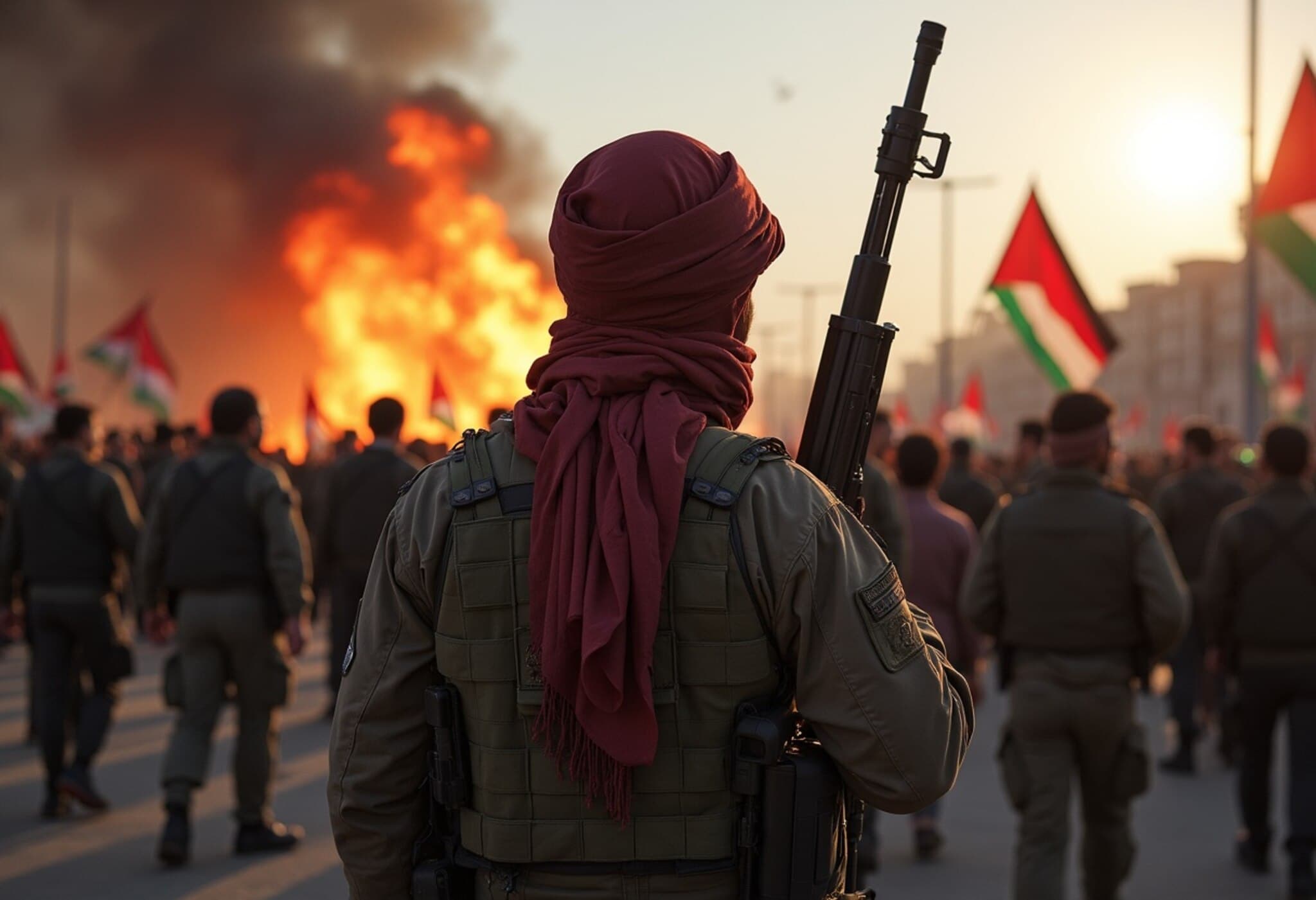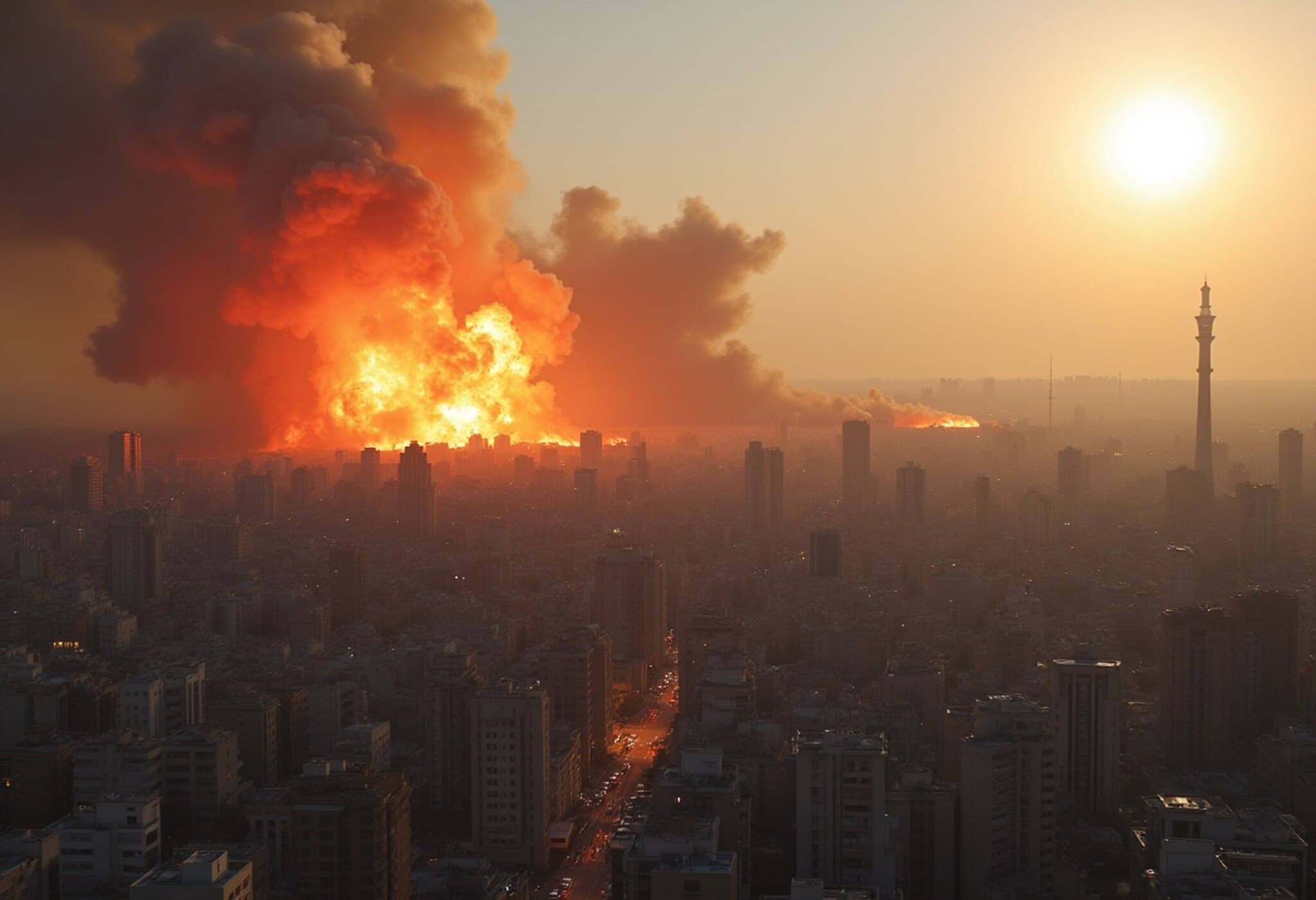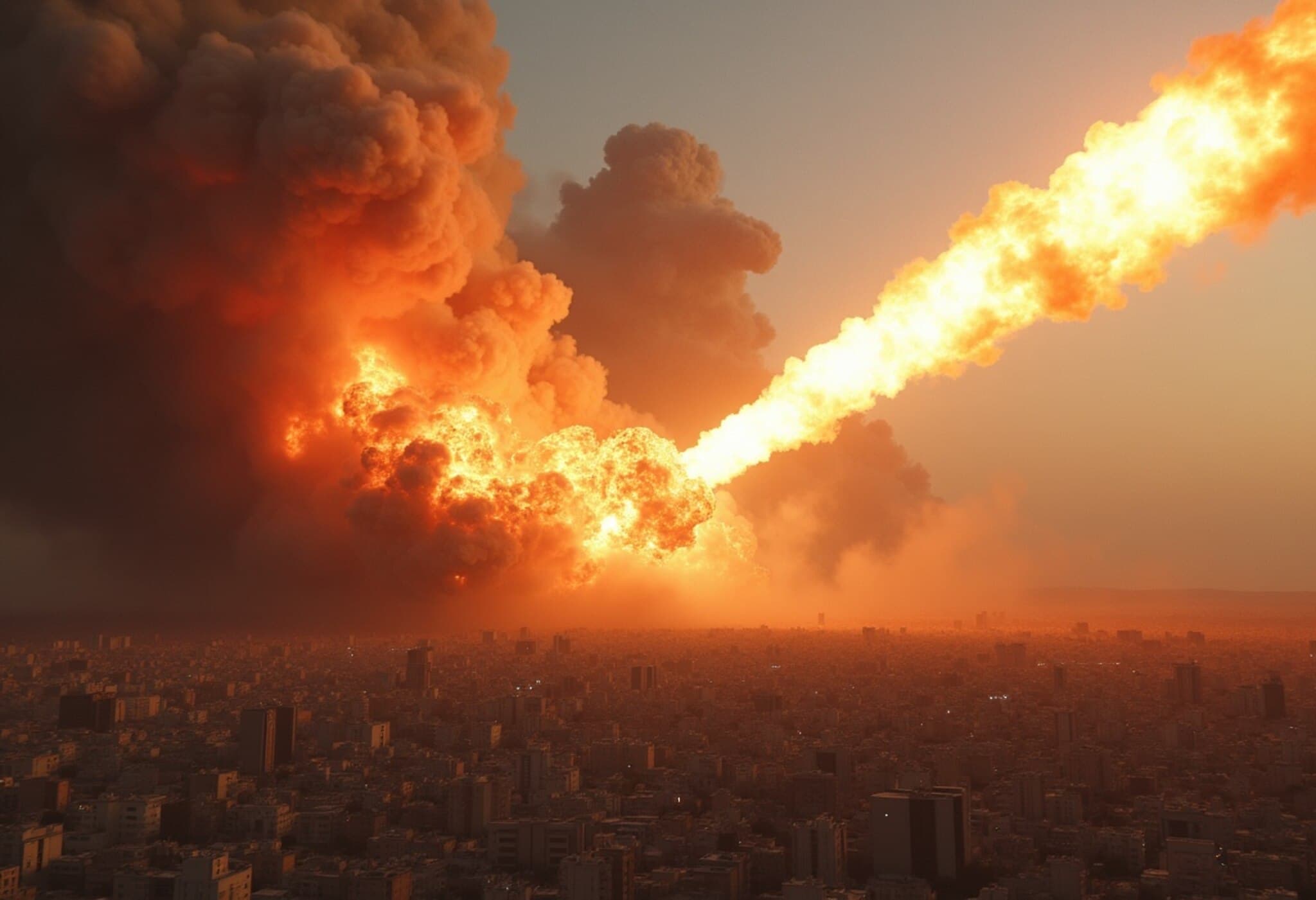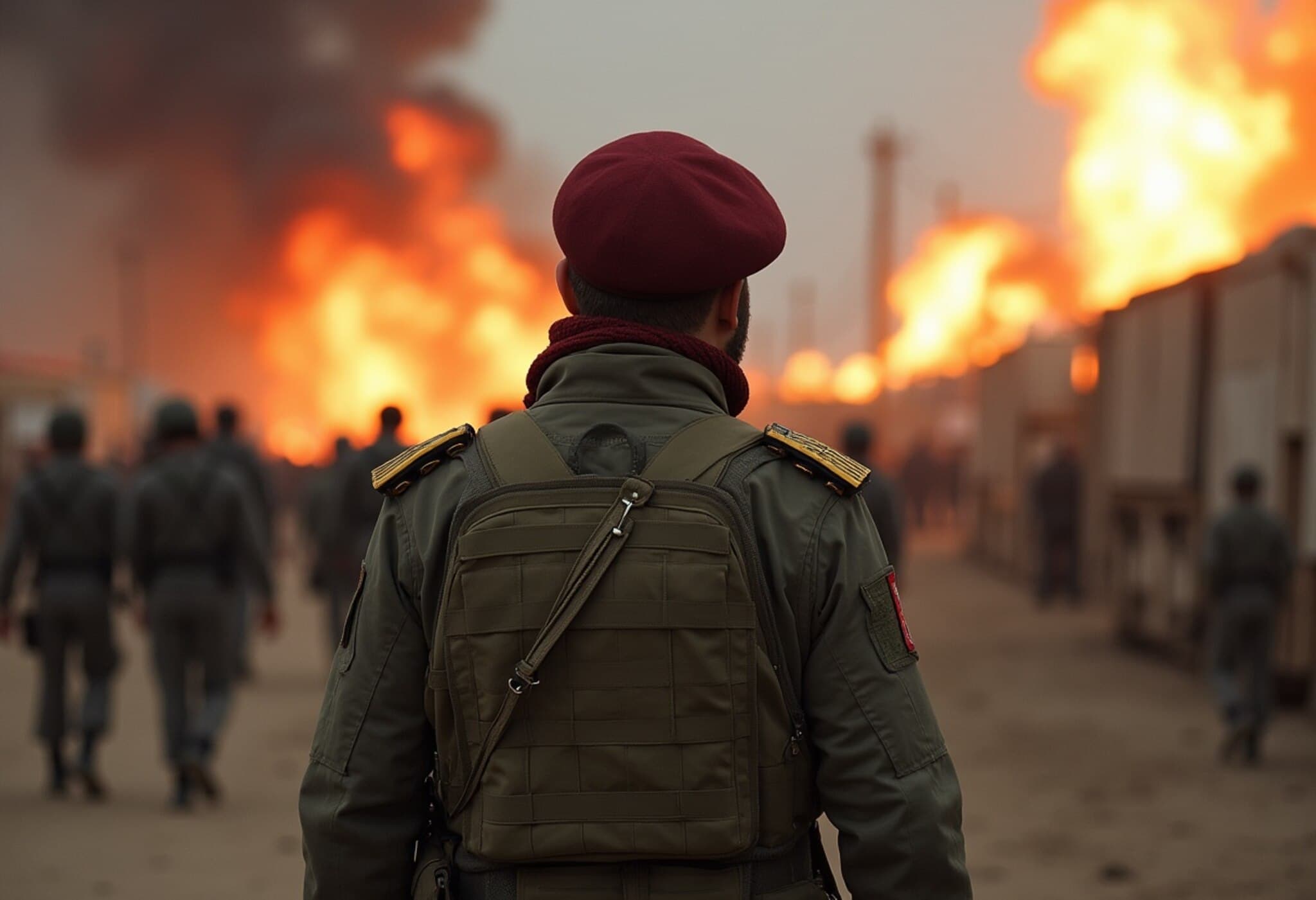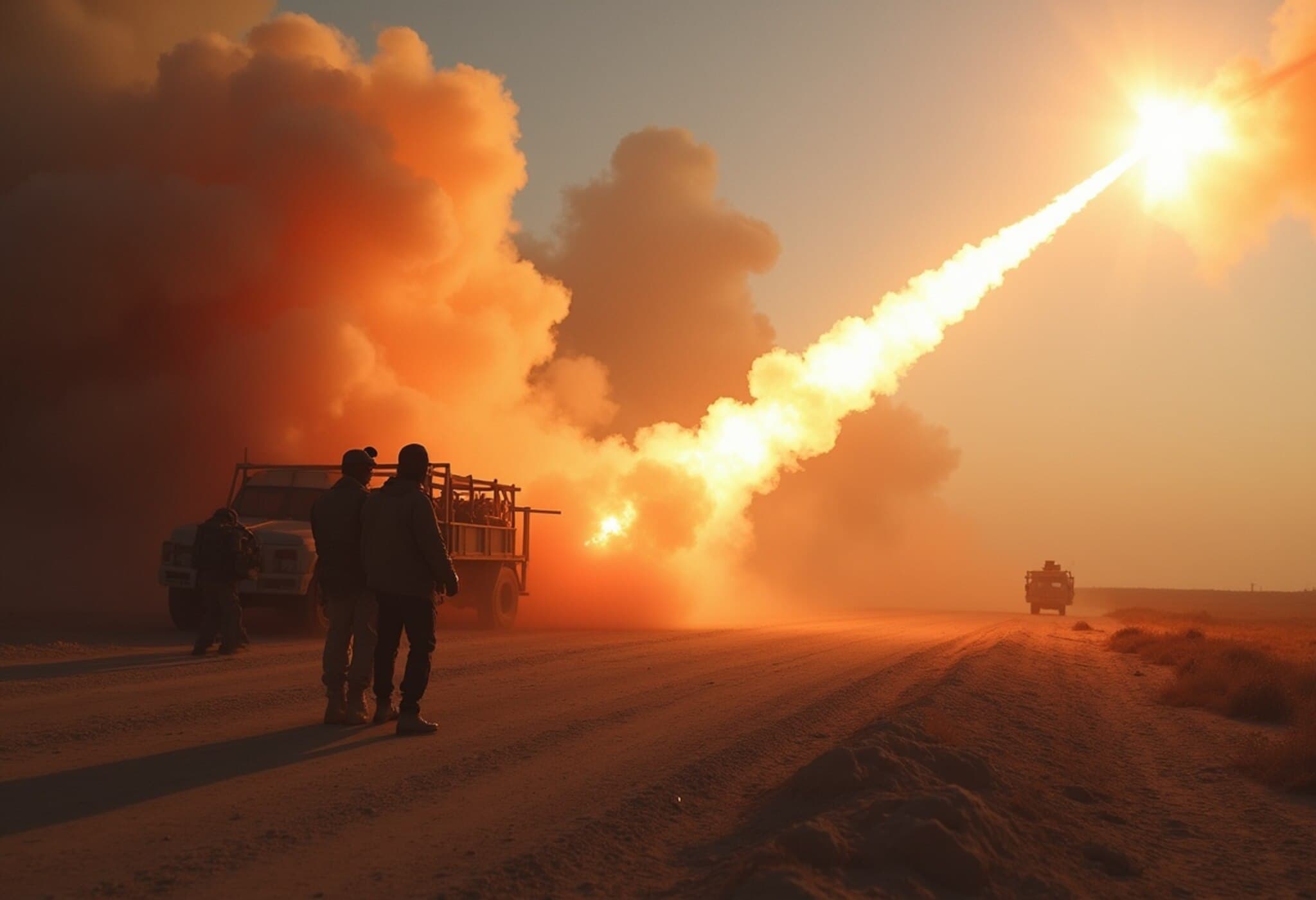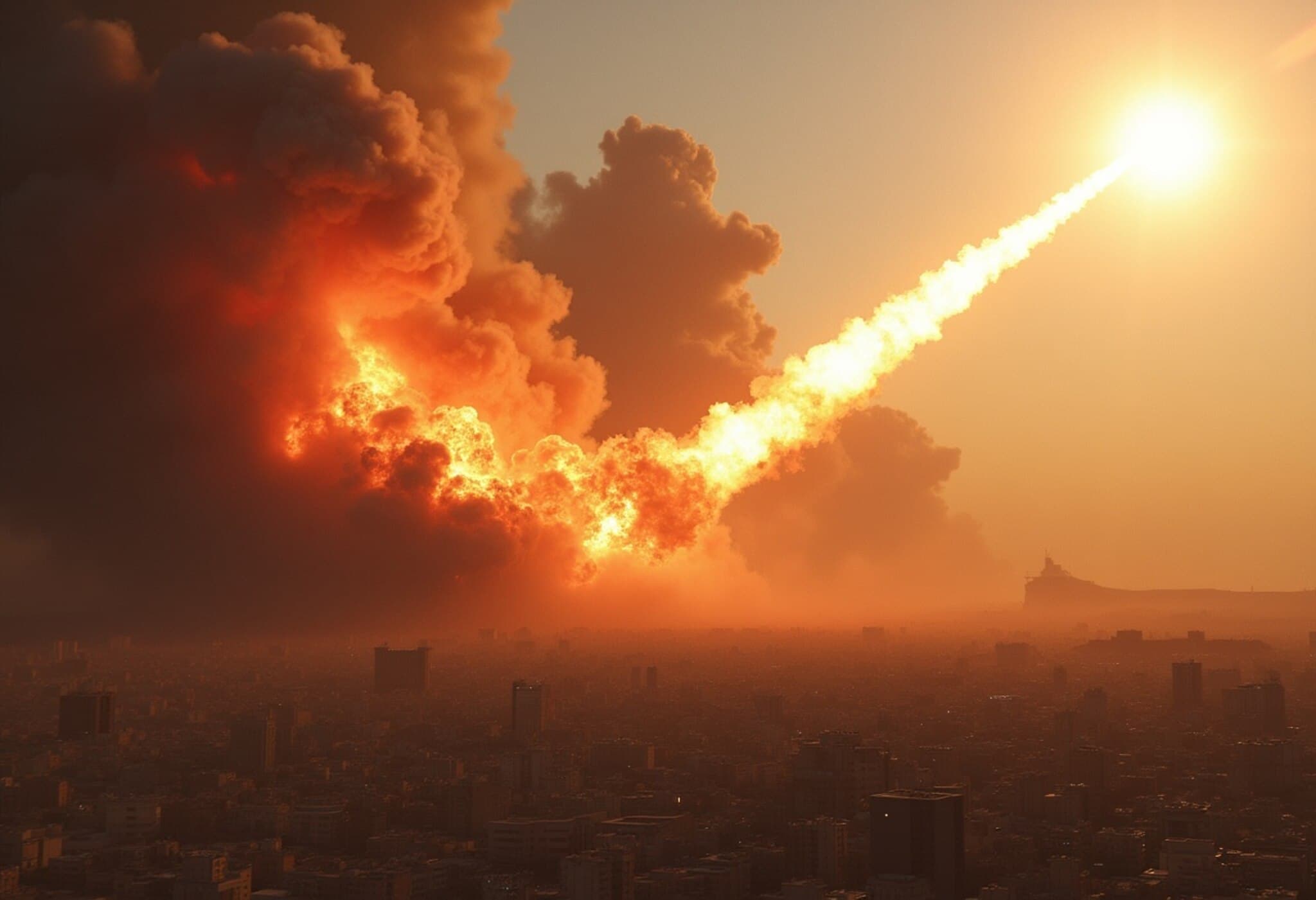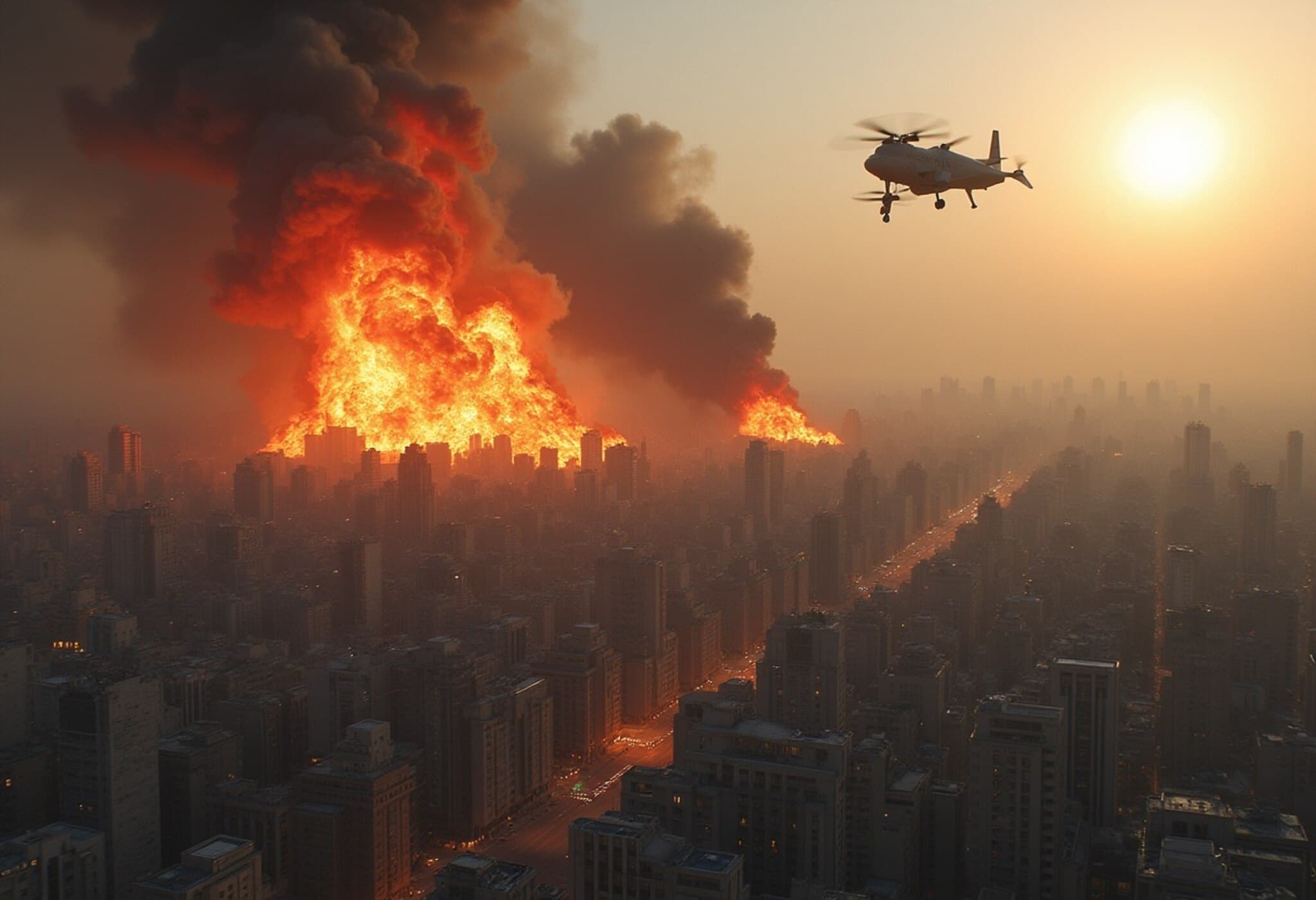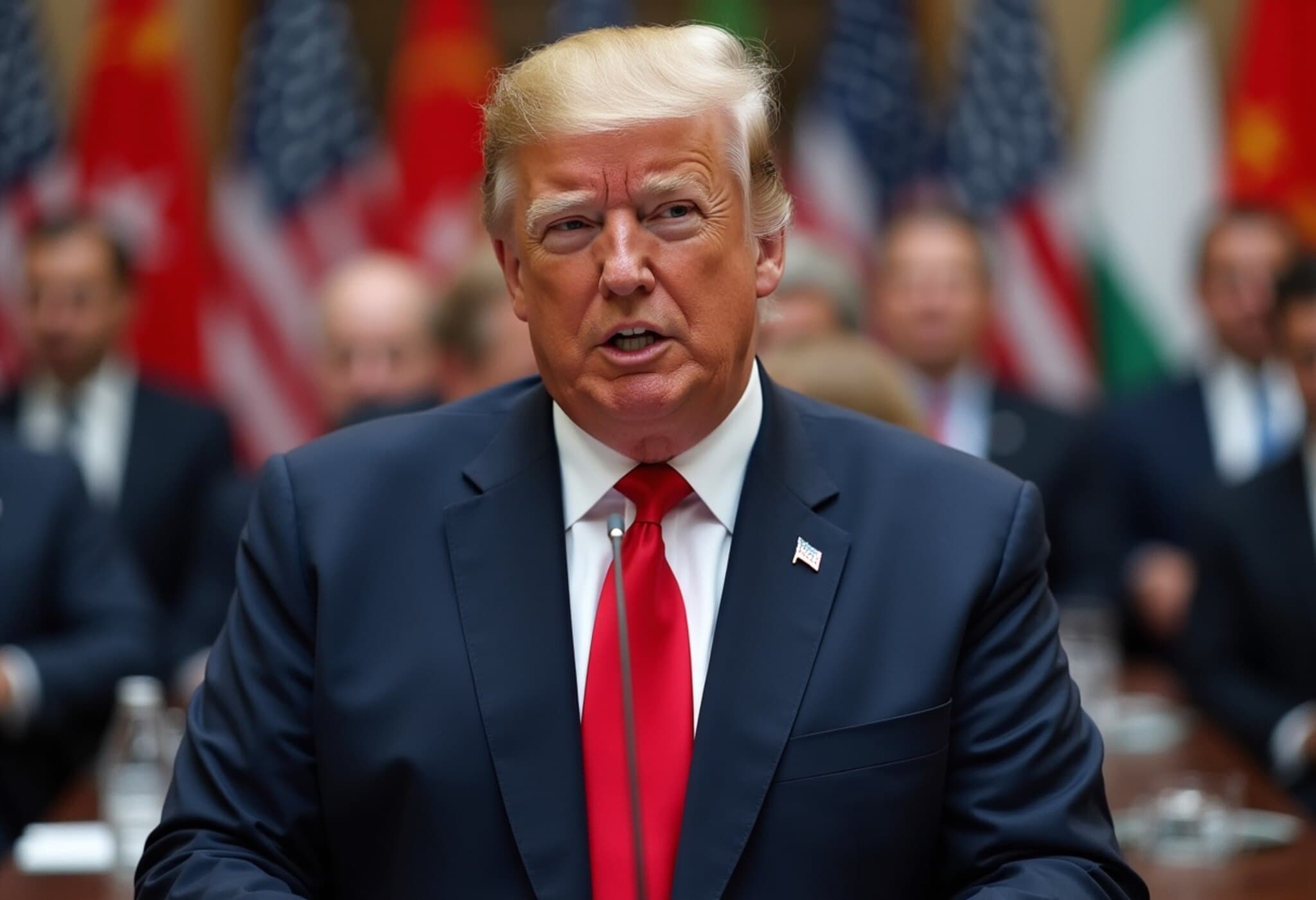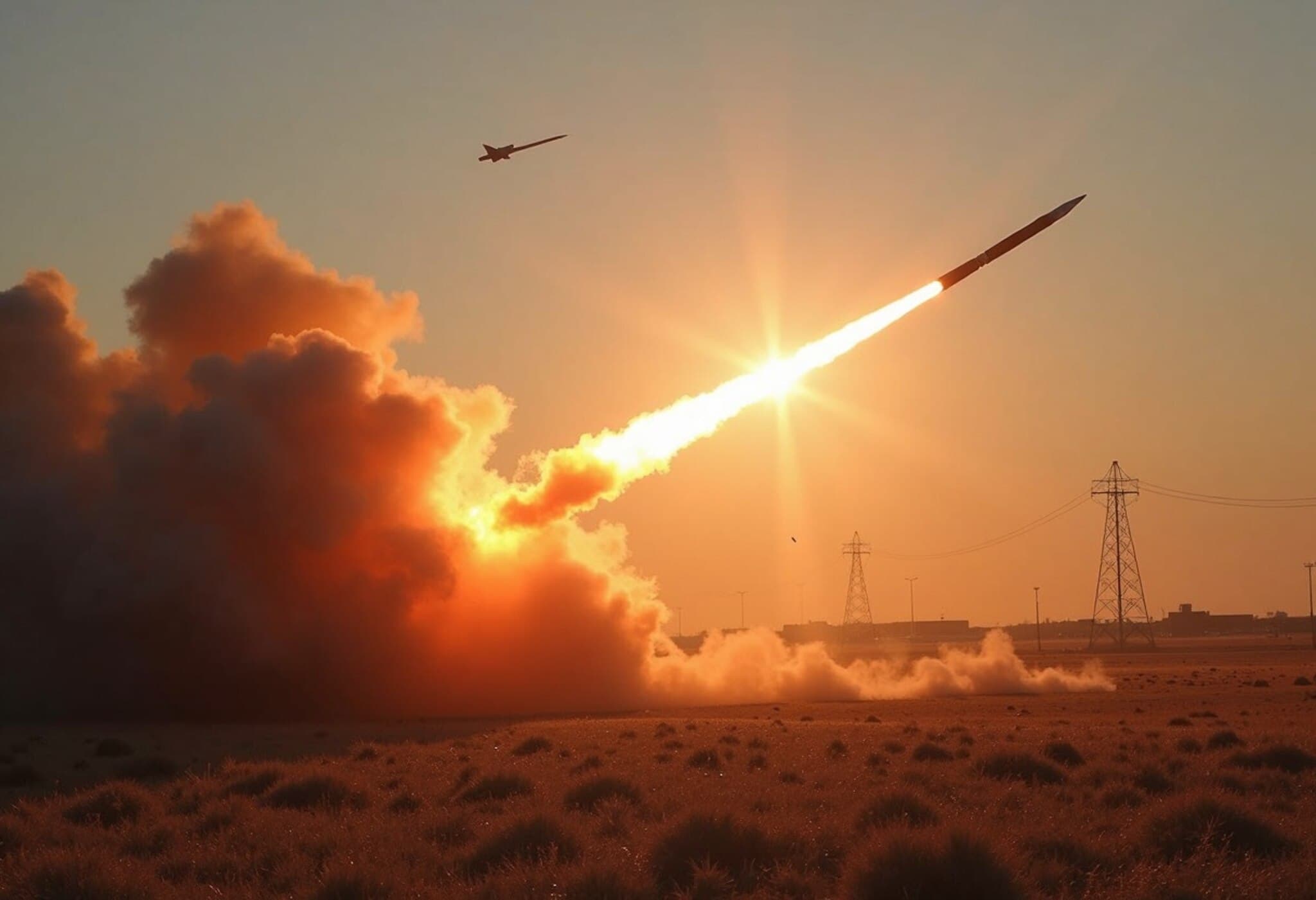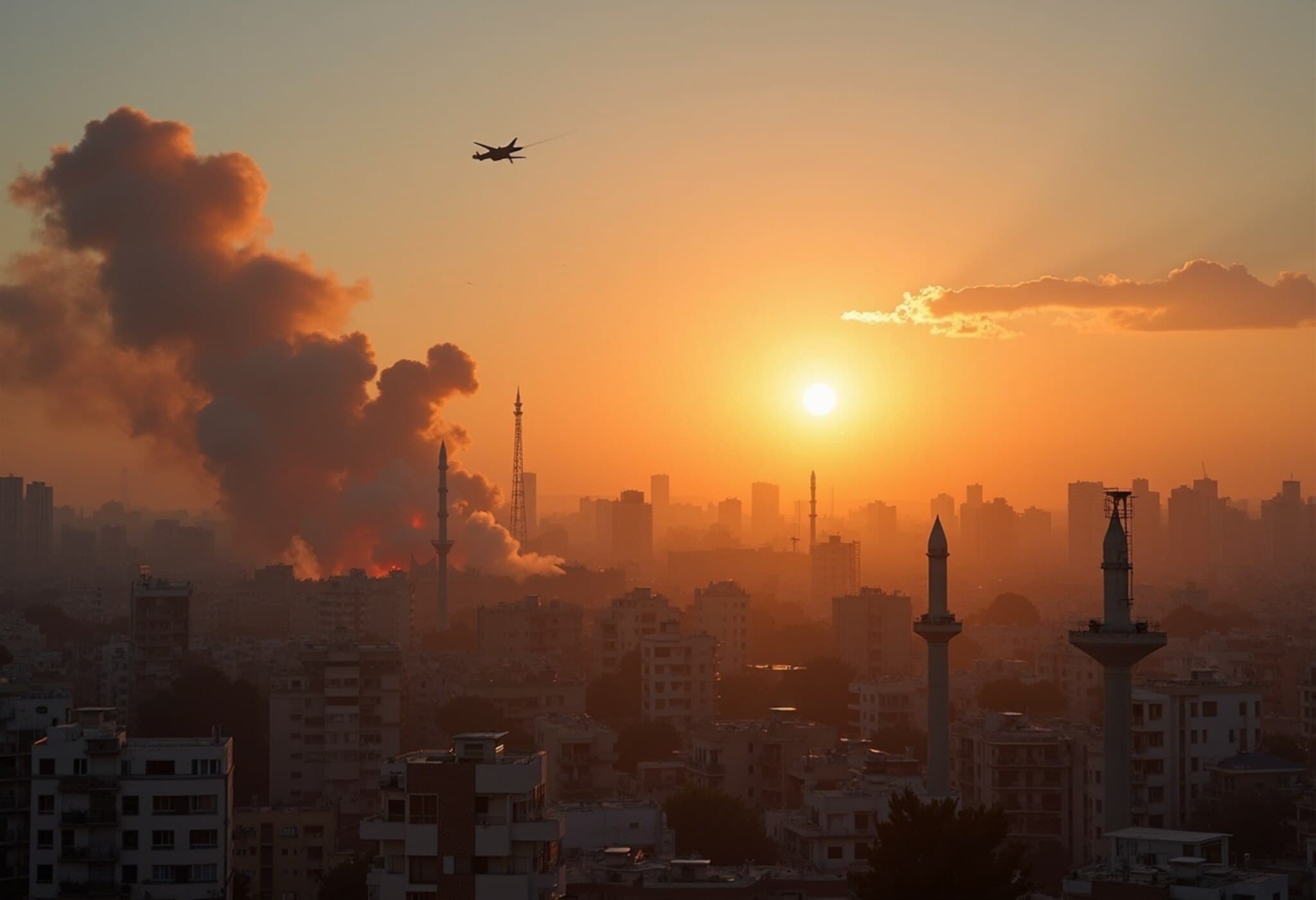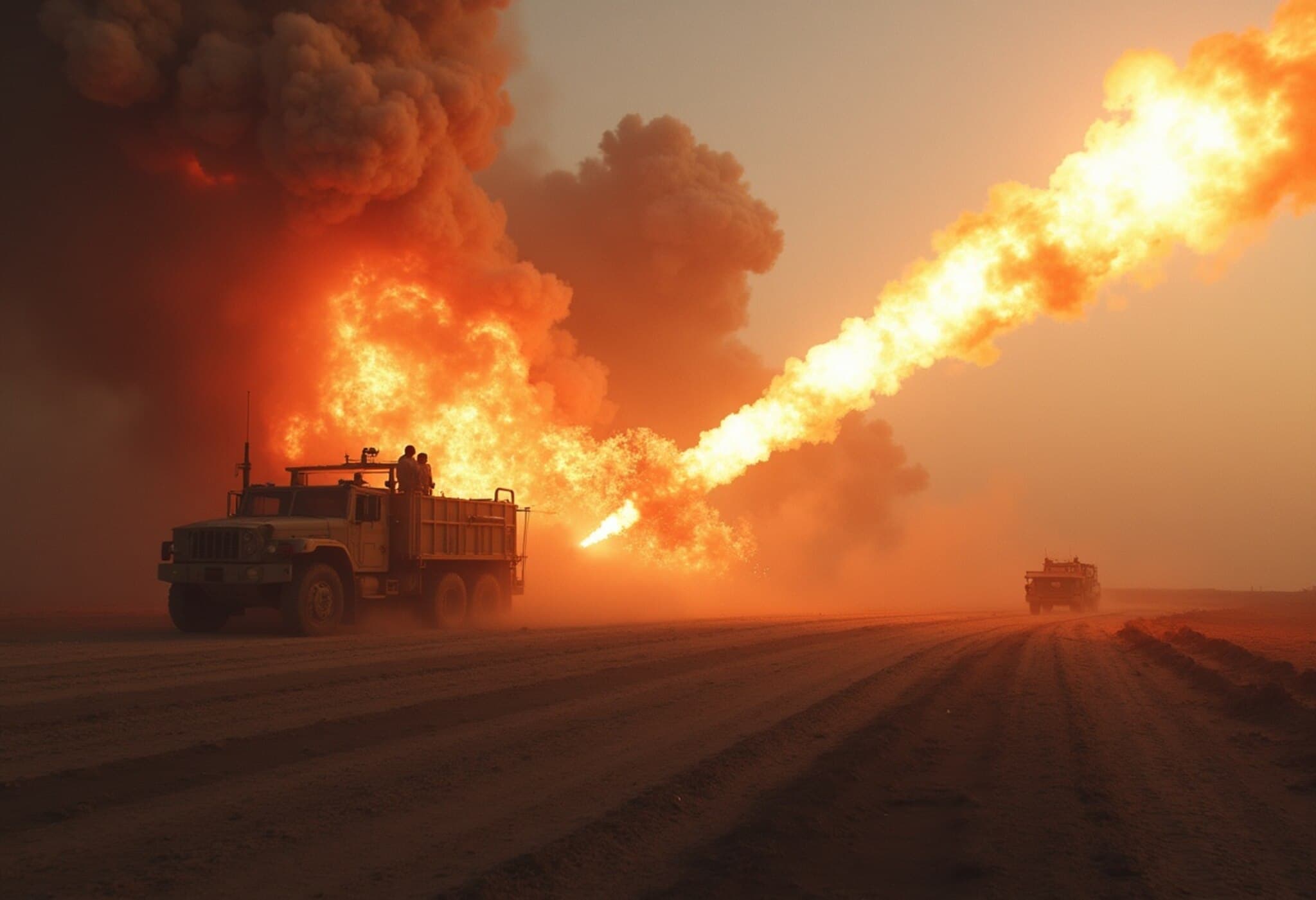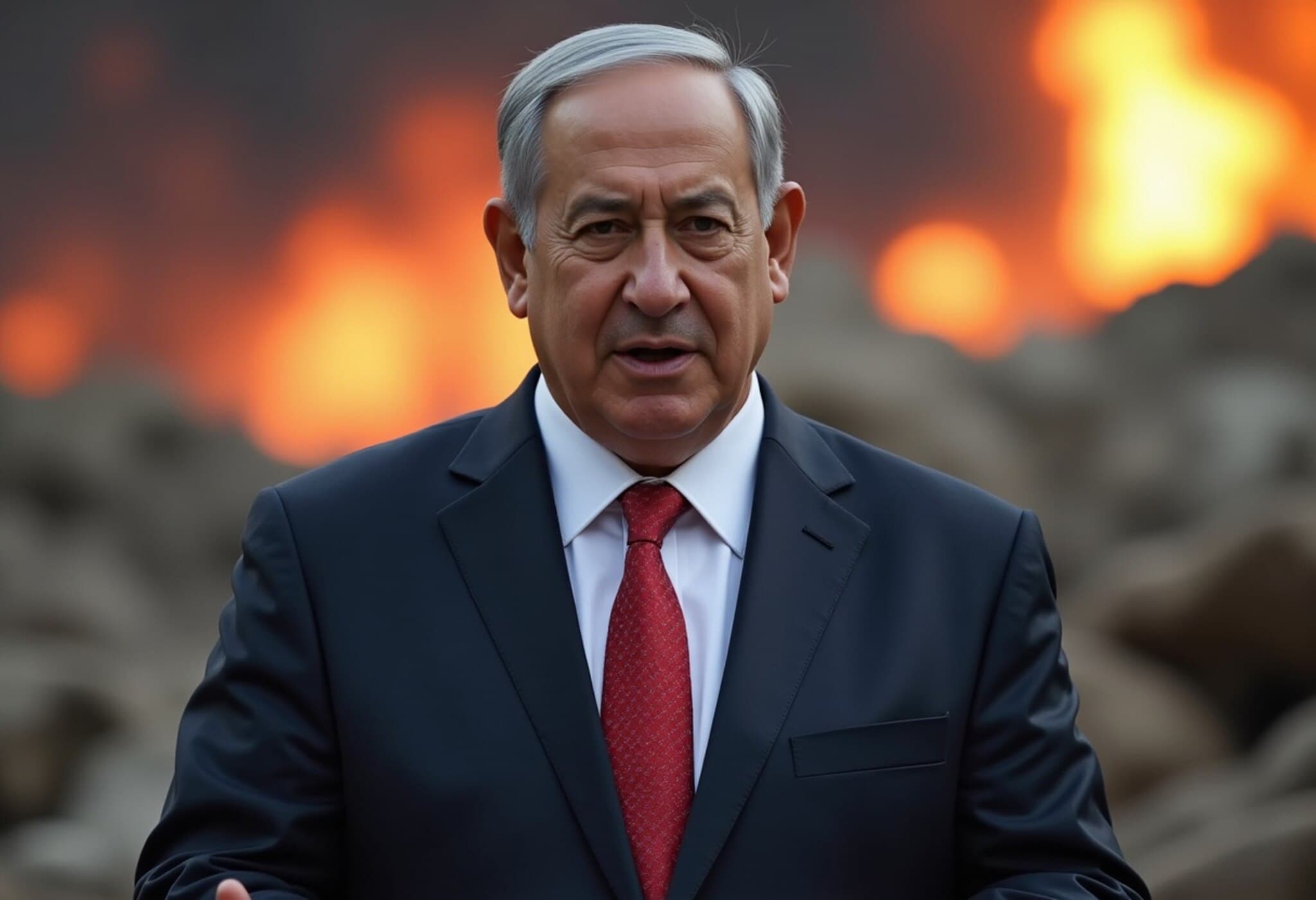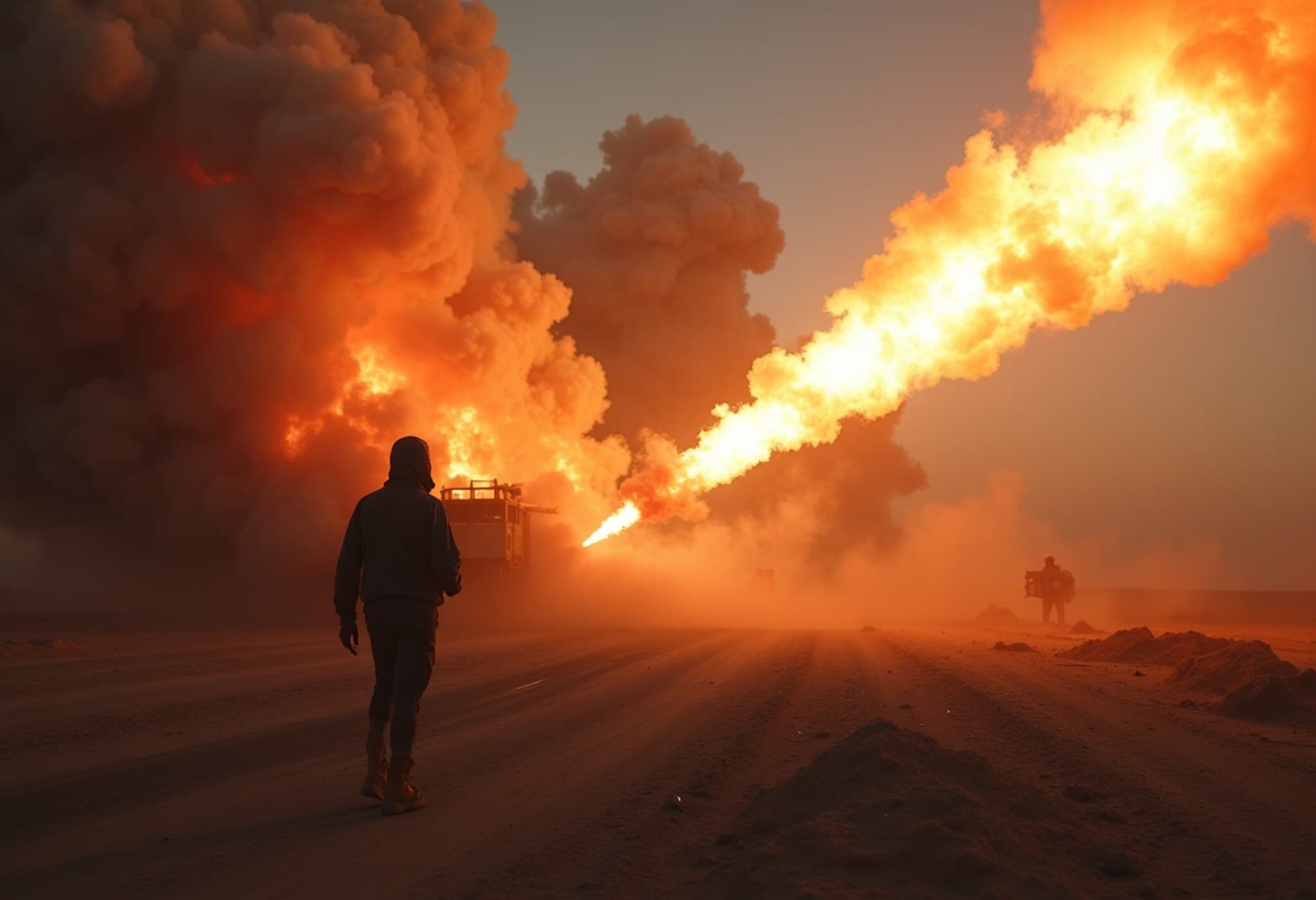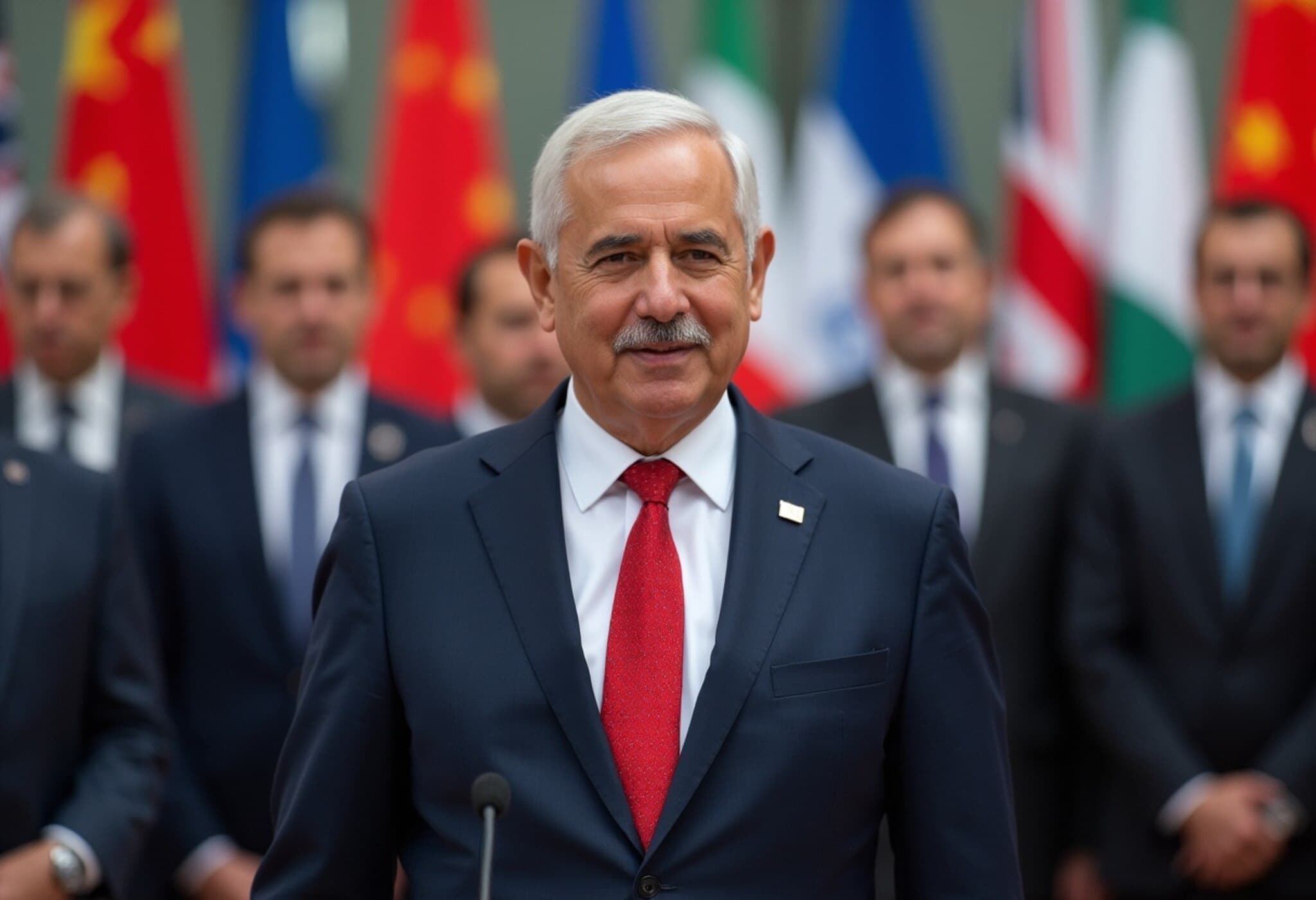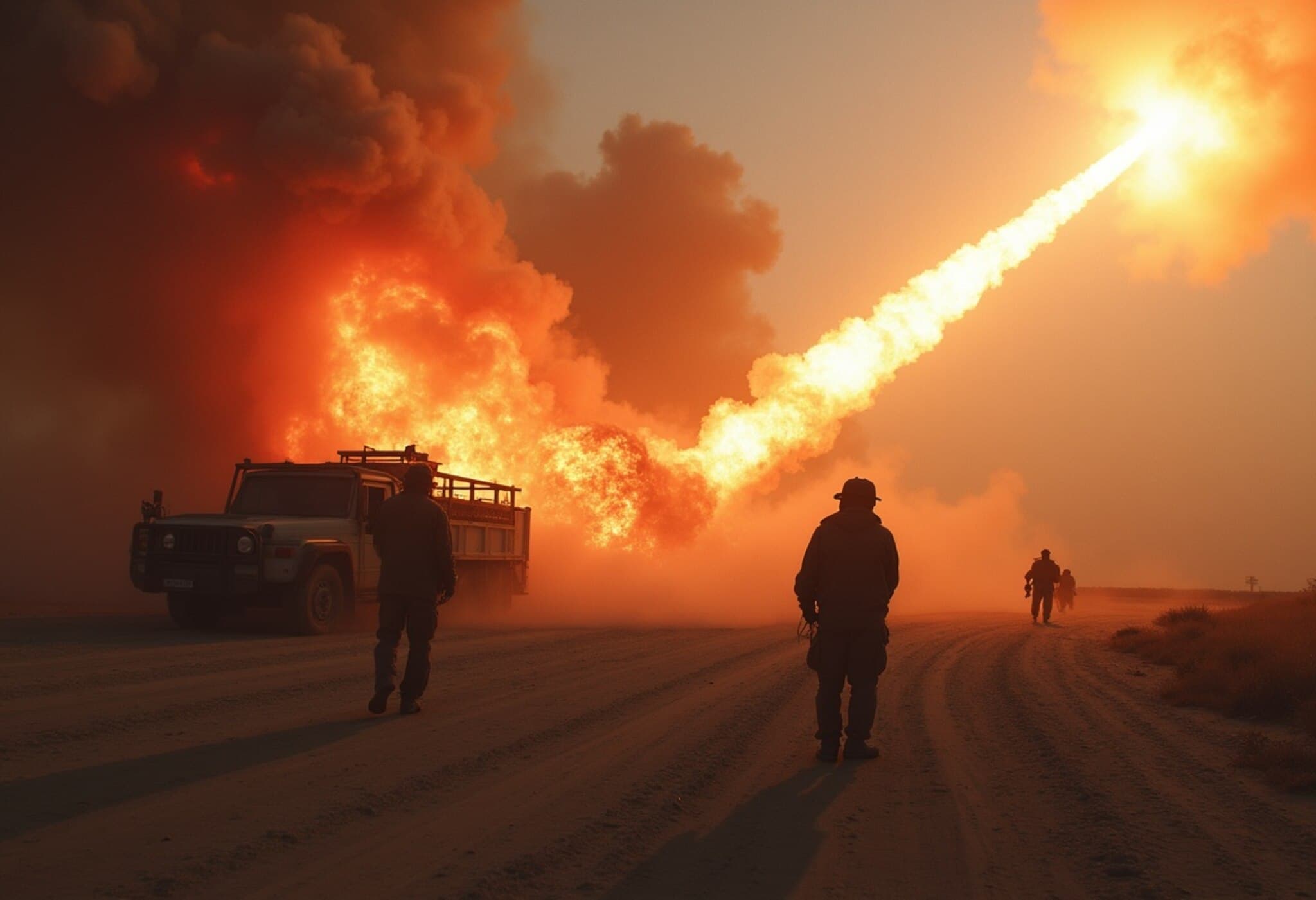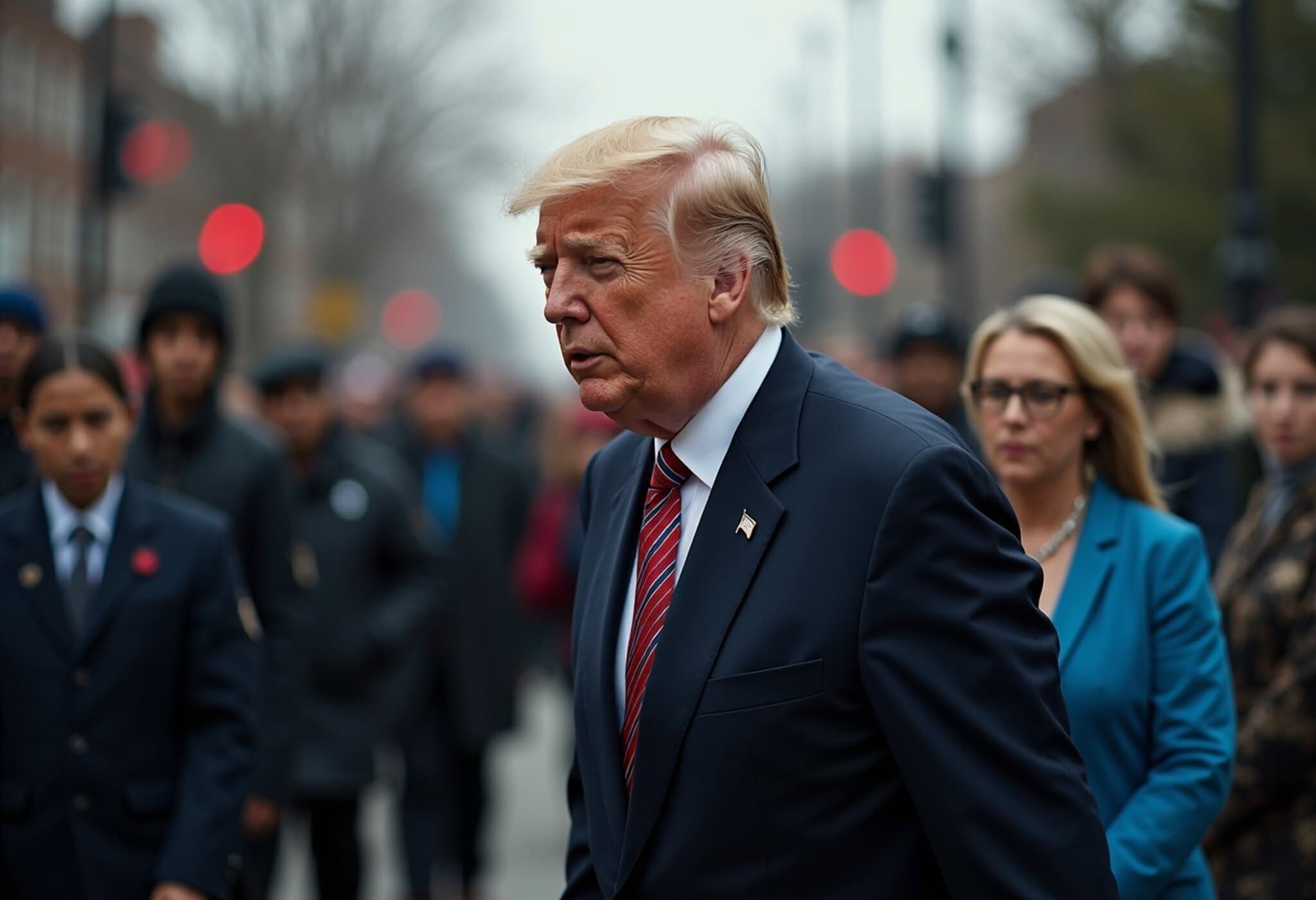Iran Rejects Ceasefire Amid Intensifying Strikes on Tehran
As conflict escalates sharply between Israel and Iran, both sides launched heavy attacks overnight, causing significant casualties and raising fears of a broader regional war. Despite calls for peace, Tehran has declined any truce negotiations, insisting on continuing its operations before considering talks.
Key Developments in the Israel-Iran Hostilities
- Casualties Mount: Iranian health officials report at least 230 deaths following four days of Israeli air raids, with an estimated 90% of victims being civilians. In Israel, Iranian strikes have claimed over 10 lives, including children.
- Ceasefire Talks Stall: Iran has openly rejected peace negotiations facilitated by Qatar and Oman, declaring it will only engage seriously after completing retaliation against Israel’s pre-emptive strikes.
- Targets Hit: Israel claims to have struck key Iranian nuclear and military sites, eliminating several top commanders and leading atomic scientists. Notably, plans to assassinate Iran's supreme leader were reportedly advised against by the US President.
- Expanded Israeli Strikes: Beyond military facilities, Israeli aircraft bombed oil depots, government centers, and defense headquarters across Tehran, Ahvaz, and Isfahan.
- Iran's Countermeasures: Iran retaliated by attacking Israeli airbase refueling sites, with Israel intercepting multiple drones. Additionally, Iran-backed Huthi rebels in Yemen launched missile strikes targeting Israel.
- Death of Revolutionary Guards’ Intelligence Chief: Mohammad Kazemi, Iran's Revolutionary Guards intelligence chief, along with his deputy, reportedly perished in Israeli airstrikes on Tehran.
- Widening Conflict Threat: Following decades of covert clashes, Israel’s sudden offensive aims to dismantle Iran's nuclear and missile capabilities. This has provoked one of the most intense flares in Middle East tensions in recent years.
- India Monitors Safety of Nationals: With more than 1,500 Indian students—including many from Jammu and Kashmir—stranded in Iran, the Indian government is actively monitoring security conditions. Efforts to relocate students to safer areas within Iran are underway.
- G7 Summit Focus: World leaders gathering in Canada have placed the Israel-Iran crisis at the summit's core agenda. Germany’s Chancellor emphasized preventing Iran’s nuclear armament while ensuring Israel's right to self-defense and seeking diplomatic solutions to prevent escalation.
- US Calls for Negotiations Amid Conflict: US President urged both nations to reach a deal but acknowledged they might first need to "fight it out". His comments come amid ongoing missile exchanges and heightened hostilities.
What Lies Ahead in the Middle East?
The rapidly deteriorating situation between Israel and Iran represents a critical flashpoint with consequences beyond the immediate combat zone. The intensity and scale of attacks hint at a prolonged conflict with global repercussions. Diplomatic channels remain fraught as calls for peace are overshadowed by continued violence.
As the international community watches closely, the priority remains safeguarding civilians and preventing a further spiraling of a longstanding regional rivalry into open warfare.


